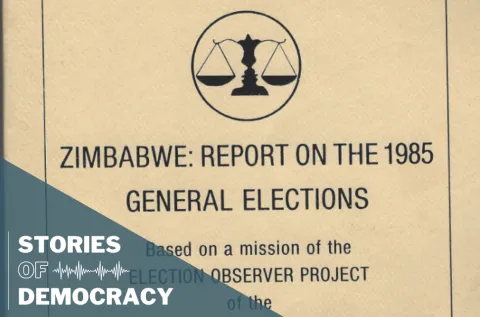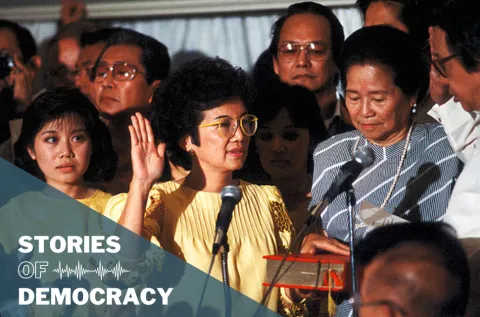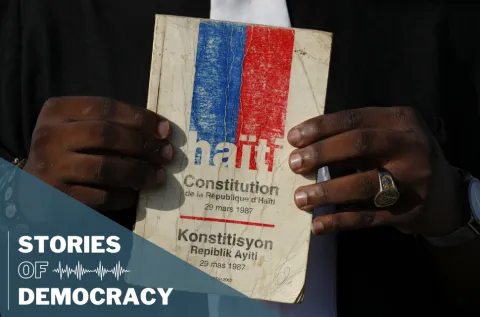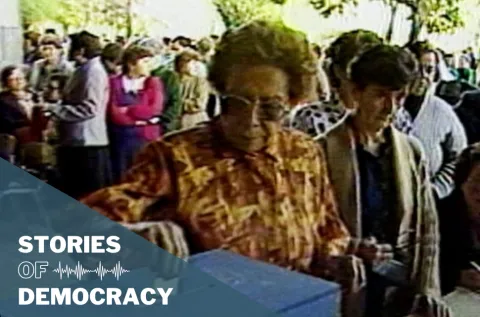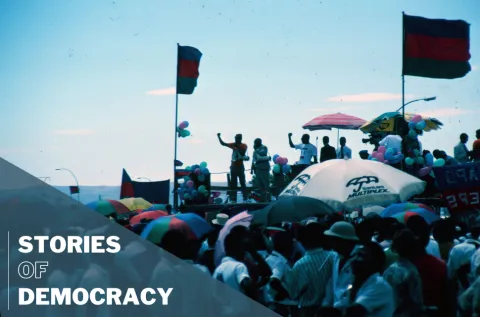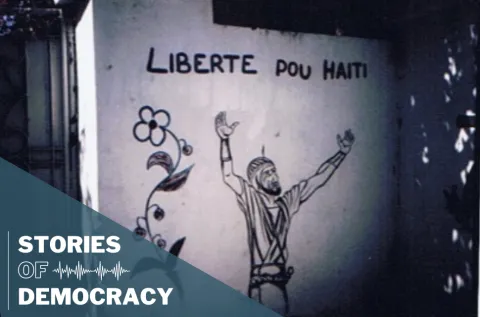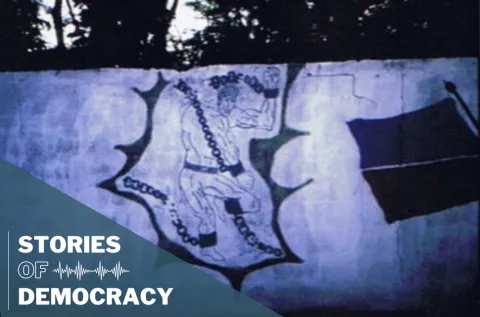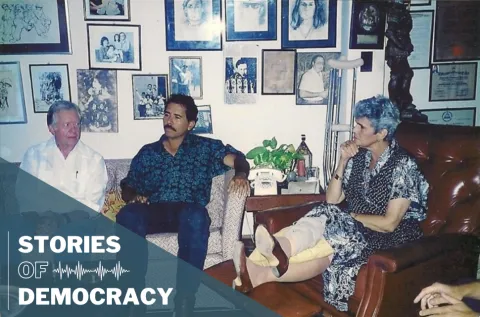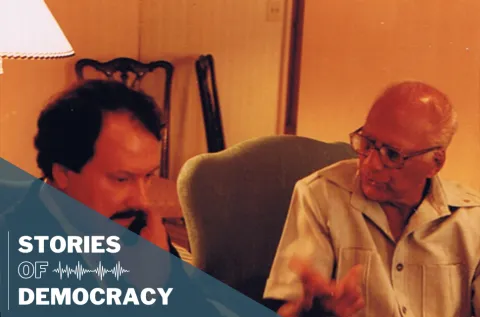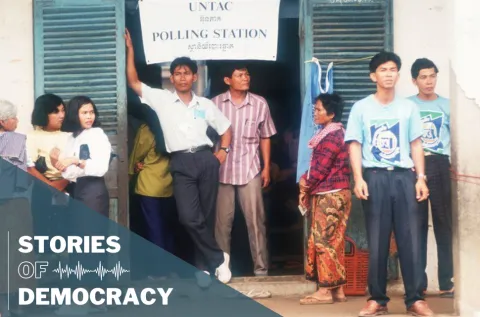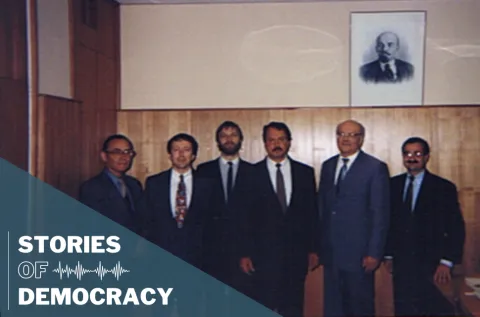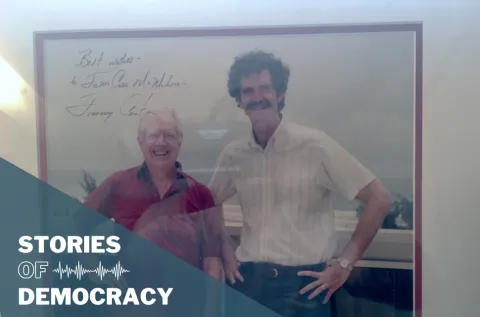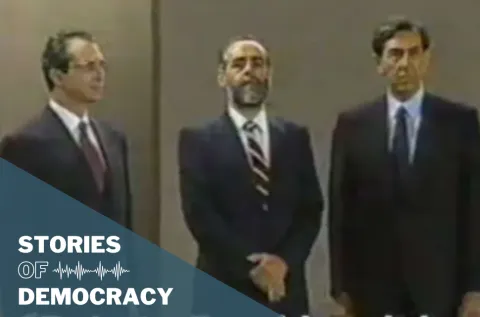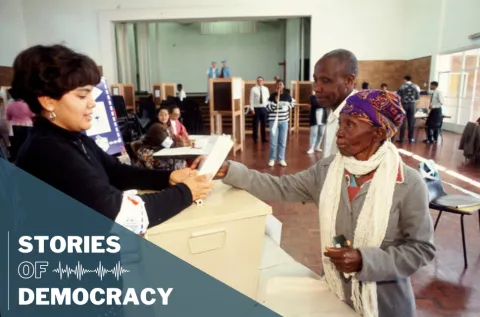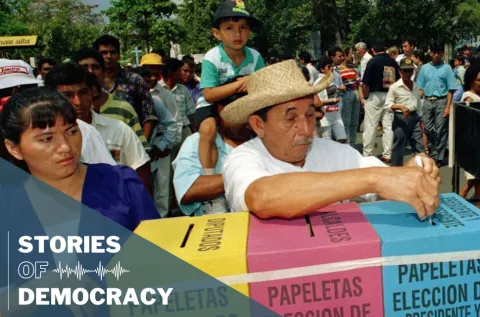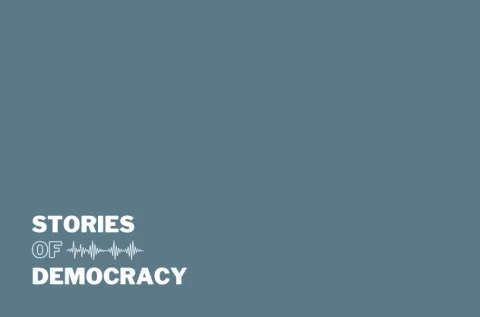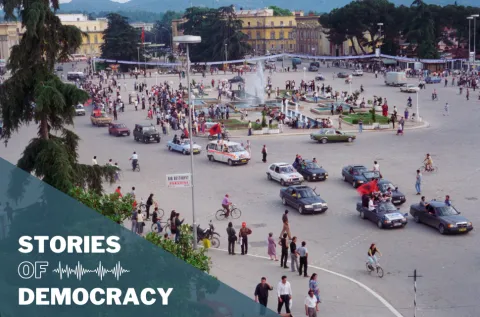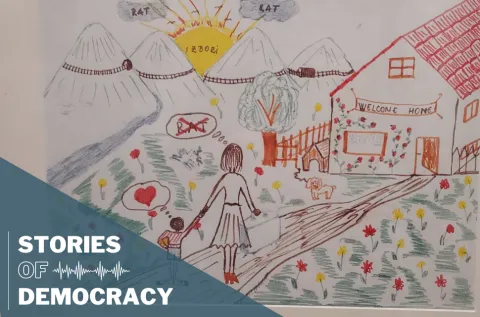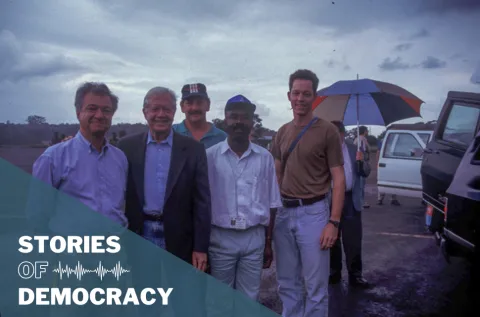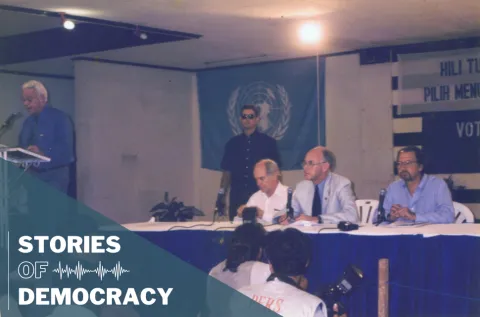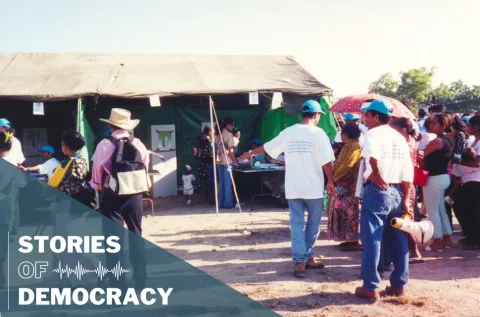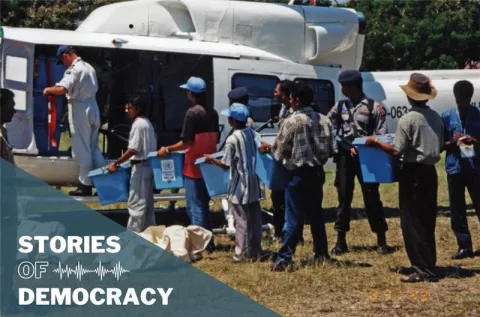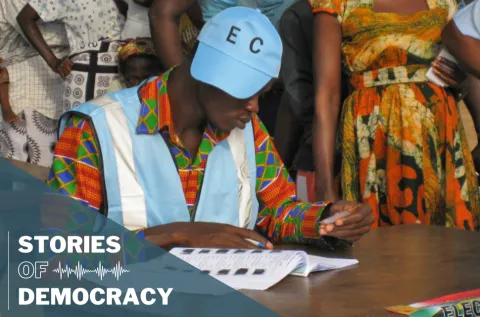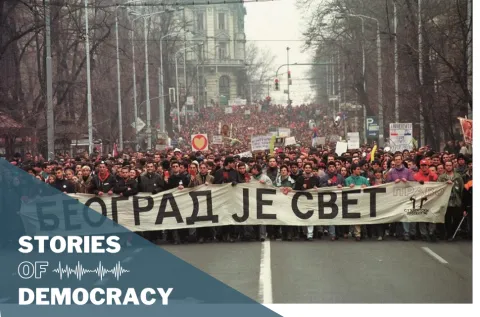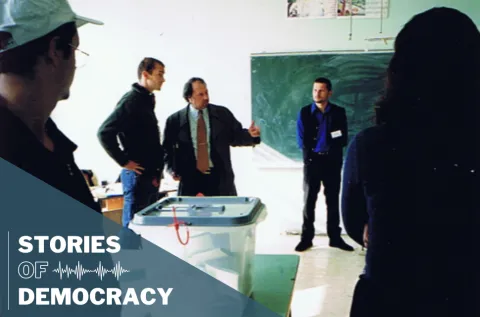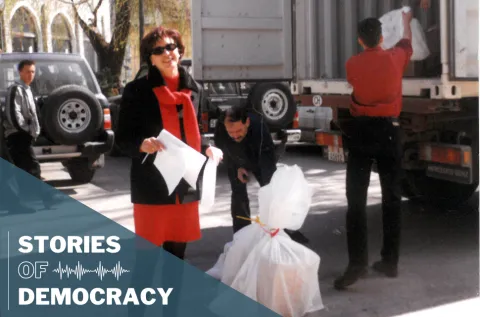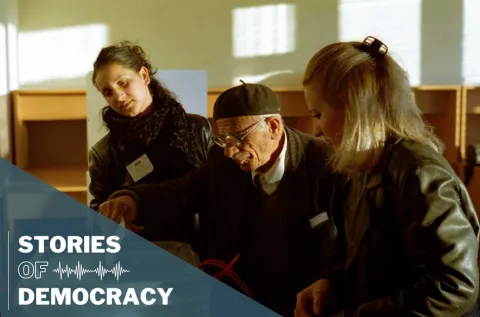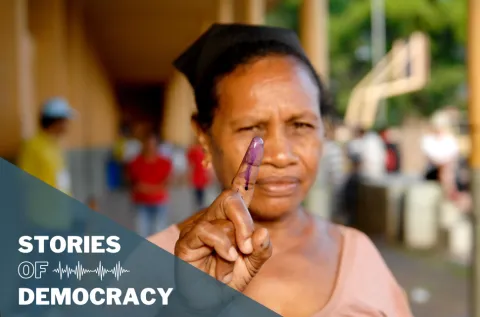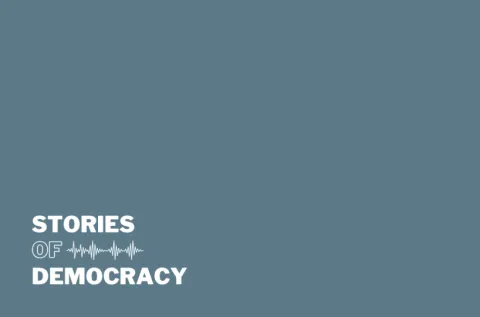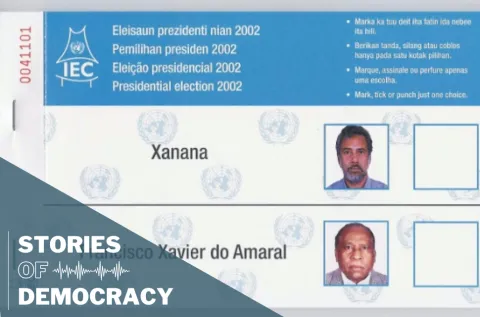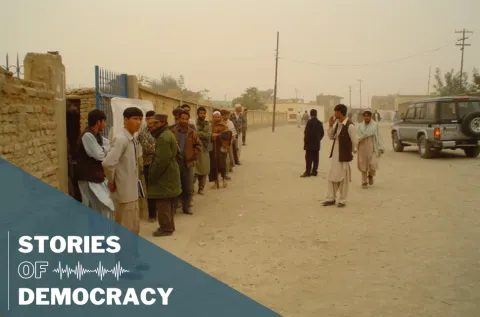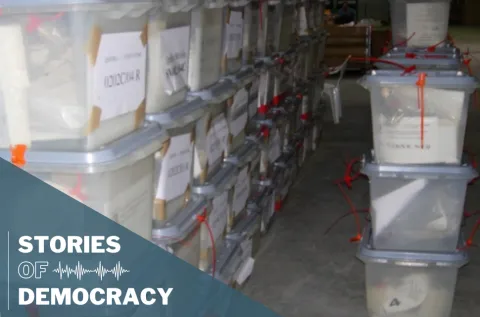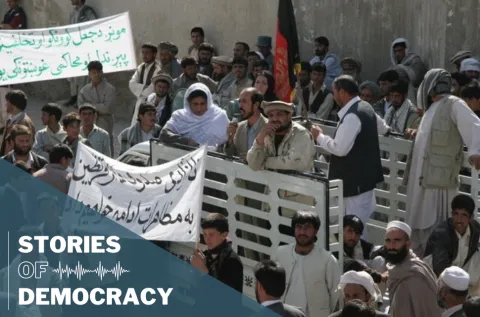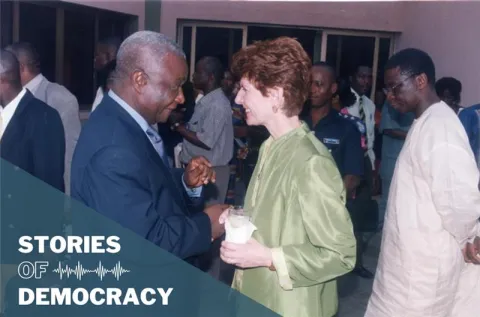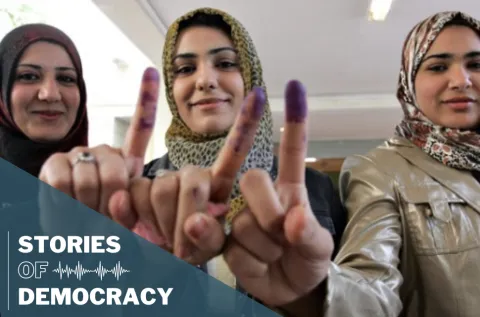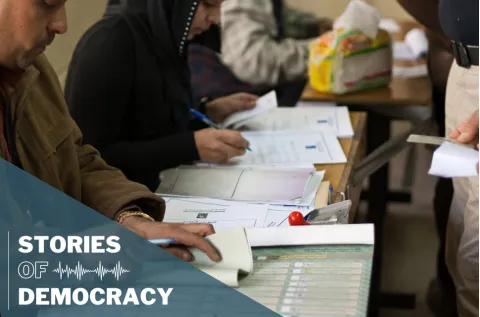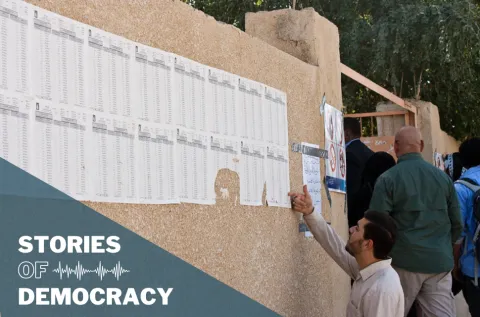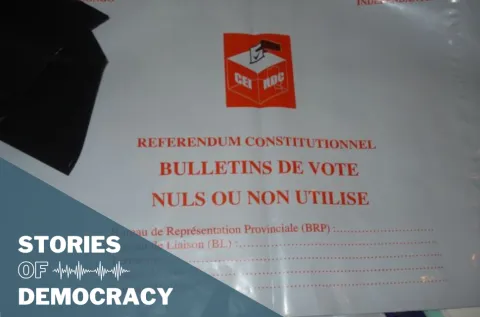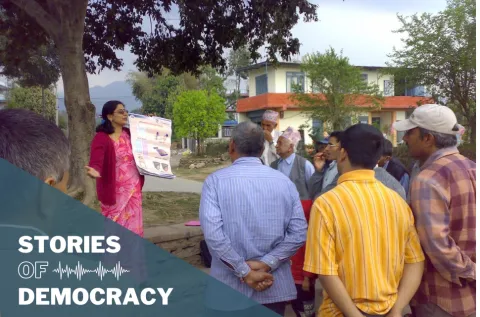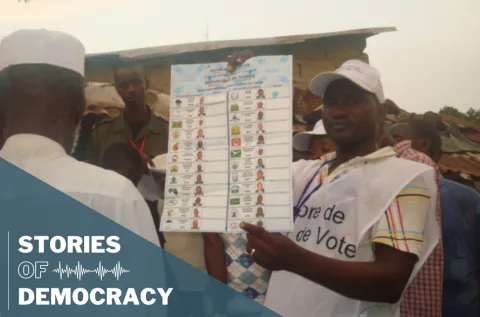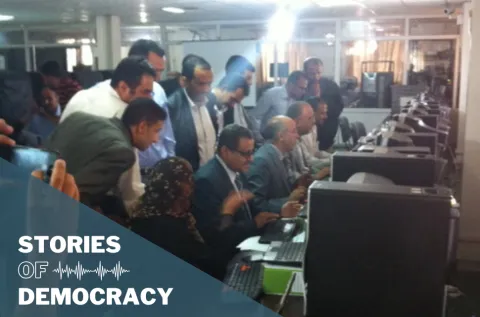Indonesia - 1999 - Democratic Transition
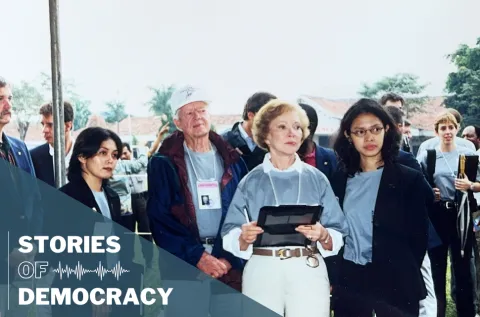
Few expected Indonesia’s democratic transition to occur as it did. President Suharto had ruled since seizing control of Indonesia in a bloody anti-communist purge in 1965–66. His “New Order” regime suppressed dissent but oversaw decades of rapid economic growth. However, amid civil society protests sparked by the Asian economic crisis, public pressure forced Suharto to resign in 1998. His vice president, BJ Habibie, took over, initiating a swift democratic transition under domestic and international pressure, which led to legislative and, later, presidential elections in 1999.
The June 1999 legislative elections marked Indonesia's first open and competitive elections in over 40 years, monitored by international observers, including a 100-member delegation led by former U.S. President Jimmy Carter. Held shortly after the legalization of political parties and electoral reforms, the elections resulted in the representation of 21 different political parties in the lower chamber of the national assembly. Given the recent transition, voters' concerns during the election included the reduction of the role of the military in society, economic liberalization and privatization, increasing freedoms of the press and civil society, the fight against corruption and cronyism, and religious matters, particularly the role of Islam in the state.
Using a closed party-list proportional representation system at the provincial level, no party secured an outright majority, but the clear frontrunner was the center-left secular Indonesian Democratic Party of Struggle (PDI-P), led by Megawati Sukarnoputri, daughter of Indonesia’s first president, Sukarno. PDI-P won 33.7% of the vote, securing 153 of the 462 seats in the lower chamber (with 38 additional seats reserved for military members). The Golkar party, Suharto’s former political apparatus, came in second with 22.4% of the vote and 120 seats. While the vote count and seat allocation process was deemed too slow, international observers generally agreed that the elections were free and fair.
Later that year, the People's Consultative Assembly, composed of 500 lower chamber members and 200 appointed military and civilian members, convened to elect the president and vice president for a five-year term. In this vote, Abdurrahman Wahid of the Islam-based National Awakening Party (PKB) defeated Megawati, securing 373 votes to her 313. The People's Consultative Assembly appointed Megawati as vice president the following day. Although these offices were not directly elected by the public, this marked Indonesia’s first peaceful transition of power and led to a more open and democratic society.
Eric Bjornlund, now President and CEO of Democracy International, served on the multinational team of experts that helped transition Indonesia into a more democratic political system while working at the National Democratic Institute. Here, he talks with Liza Prendergast, Vice President for Strategy and Technical Leadership at Democracy International. They discuss the origins of Indonesia’s surprise transition, its successes and shortcomings, and the lessons that can be learned from democratization in the world’s fourth most populous country.
A video recording of the interview can be found here.


